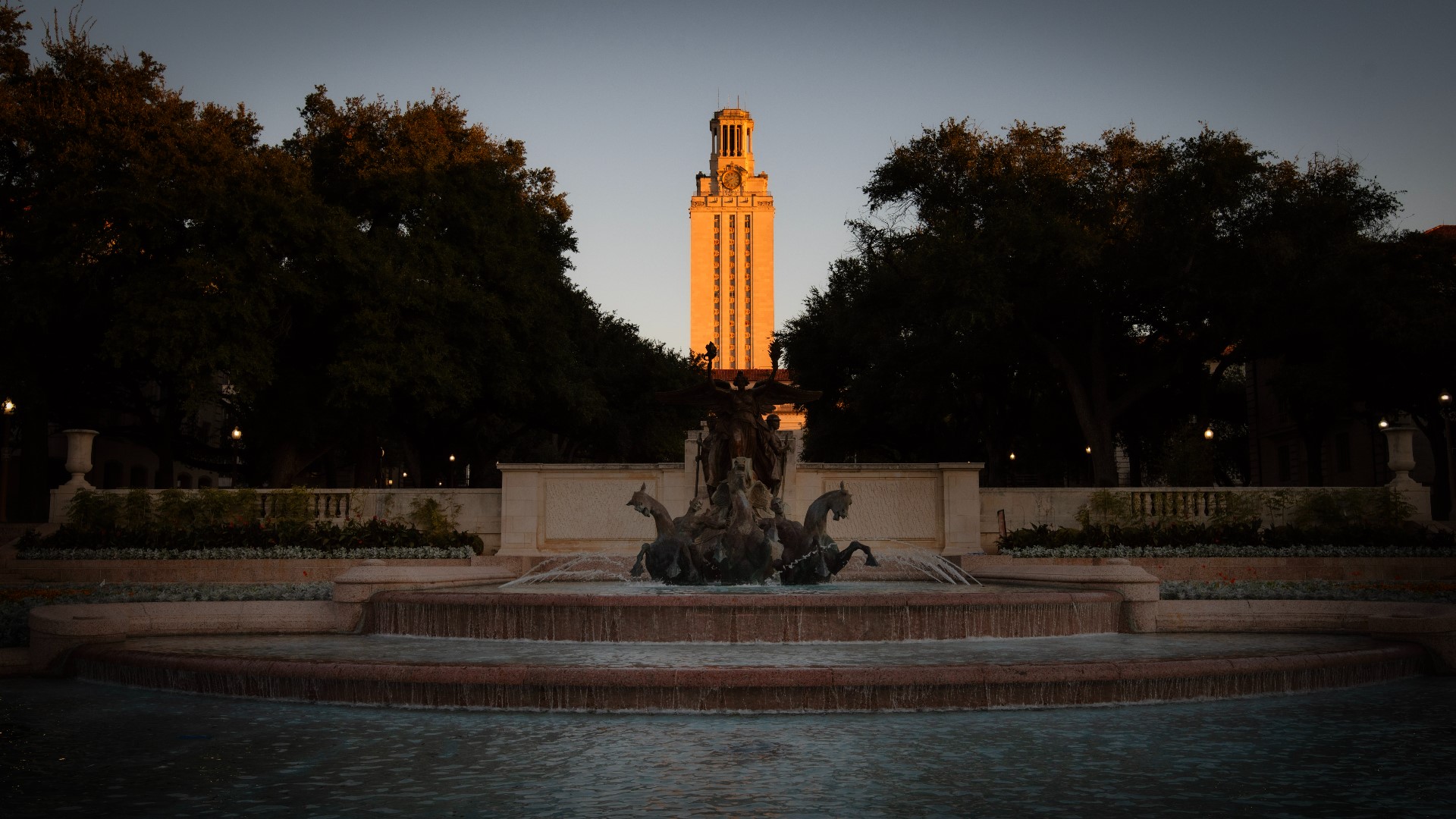AUSTIN, Texas — A new study offers insight into the impact of Senate Bill 17, which outlawed diversity, equity and inclusion (DEI) programs on college campuses. Now the Texas Higher Education Coordinating Board is releasing its first study on the bill's impact.
State lawmakers passed SB 17 in 2023, forcing colleges and universities across Texas to shut down DEI offices and programs. It also requires public institutions to limit the mention of DEI and support for DEI initiatives. The law went into effect at the start of the year.
The study only includes data from 2022 and 2023 and does not have any data from after the law went into effect. The authors of this first study said the data will be a baseline for future studies they plan to put out on the impact of the bill every two years.
It considers six factors: Application rate, acceptance rate, matriculation rate, grade point average or GPA, and graduation rate.
The study highlighted gender and race gaps related to student achievement and success. Female students had higher graduation rates than male students at two-year and four-year institutions.
Asian students led all racial and ethnic groups in both types of institutions. African American students consistently achieve the lowest graduation rates across all timeframes. When looking at the graduation rate by race and ethnicity, a clear gap starts to emerge when it comes to African American students, who consistently had "the lowest graduation rates across all timeframes."
Only 29% graduated from four-year institutions after four years, compared to 64% of Asian and 53% of white students.
"The data already shows us that there is a gap there in being able to make sure that we're retaining these students and getting them to graduation," Emily Witt, a media and communications strategist at the Texas Freedom Network, said. "Now that we've eliminated those support systems, we expect we'll see that data only get worse."
Witt, who has been critical of SB 17, said she is happy to see the baseline data collected.
"It's really good that we'll have that baseline data because we do expect that when they look at the data again after SB 17's implementation that we will see it's going to have a catastrophic effect on non-white students and LGBTQ students who really need that support on our college campuses," Witt said.
When it comes to GPA, at four-year institutions, female students slightly outperformed their male counterparts. In 2023, 88% of female students earned a GPA above 2.0 compared to 84% of male students, which the study said indicated "consistent academic performance over time with a small gender gap favoring females."
African American students had the lowest percentages across all groups and years, with 66% of African American students at two-year institutions and 77% at four-year institutions earning a GPA above 2.0. That is compared to the 85% of Asian students at two-year institutions and 93% at four-year institutions, as well as 79% of White students at two-year institutions and 91% at four-year institutions.
Witt said she believes the data in the study shows how vital DEI programs and offices are.
"The data from this report already shows us that there's a lot of work to be done to make sure that students of color have community and connection on college campuses," Witt said. "For decades, almost centuries, these campuses have been white run for white students, and they have not been welcoming to people who are first-generation students from communities of color."
Supporters of the bill believe the data in the study shows African American students are lagging and is evidence that DEI programs were not working to begin with. Something Witt disagrees with.
"We're an incredibly diverse state, and we need to be able to train students from diverse backgrounds to thrive and build careers here," Witt said.
State lawmakers have signaled they are looking to take further action on DEI in the upcoming legislative session to ensure universities are complying with state law.
Lt. Gov. Dan Patrick has told the Senate to look at certificates and programs at public colleges and universities that use DEI policies because they do not align with the state's workforce demands.
During a recent Senate Education Subcommittee hearing, State Sen. Brandon Creighton (R-Conroe) said the DEI curriculum and content in courses do not explicitly violate the current law. However, he feels like it contradicts its spirit.
"The curriculum does not reflect the expectations of Texas taxpayers and students who fund our universities," Creighton said. "It also falls short of equipping graduates with practical knowledge and skills that employers seek."
In the report, the authors acknowledge that the metrics considered in the study do not account for the complete set of factors that may influence student success. In future studies, they hope to use predictive modeling to control external factors like socioeconomic status, high school rank, and college readiness. They also want to further examine the interaction between gender, race and student success to "allow for more granular analysis."
Witt said she hopes the research team will also be able to look into the impact of SB 17 on groups like LGBTQ students.
"We've also lost because of SB 17 a lot of resource centers that serve LGBTQ students, and that's really important too, especially in a state where we've seen so many attacks on the LGBT community," Witt said.

